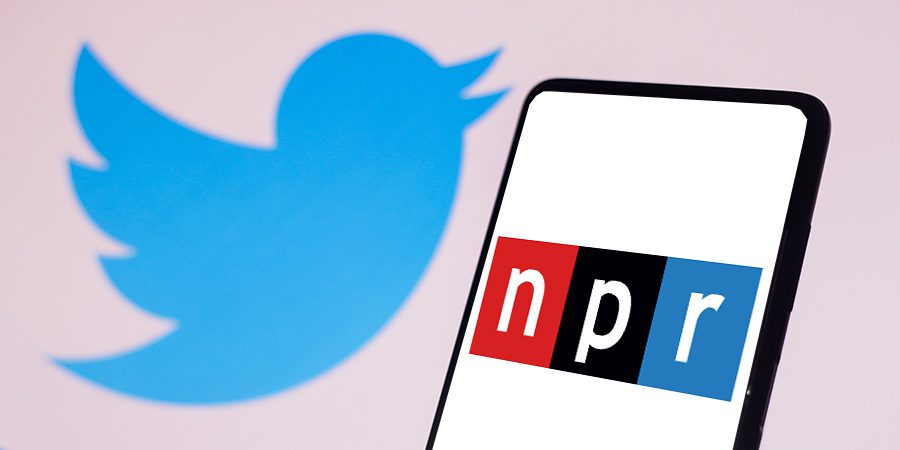In this article, we’ll look at the reasons behind the escalating feud between Twitter and Substack, and how this conflict has impacted users and writers alike.
We’ll also examine the key takeaways from this ongoing battle between the two platforms and what this means for the future of both companies.
Key Takeaways:
- Substack’s introduction of the Notes feature sparked a feud with Twitter, leading to the blocking of Substack-related actions on the social media platform.
- Elon Musk accused Substack of attempting to download a large portion of Twitter’s database, an accusation that Substack CEO Chris Best strongly denies.
- The feud has raised concerns about free speech and the impact on independent writers who rely on Substack for their livelihood.
- Twitter’s ongoing attempts to suppress Substack have led to search redirects and blocked URL slugs containing the word “substack.”
- Despite some reversals, tensions between Twitter and Substack persist, highlighting the need for open communication and fair competition within the tech industry.
Substack Notes Launch Triggers Twitter Retaliation
Substack Notes: A Twitter-like feature
Substack, a popular subscription newsletter platform, recently launched a new feature called Substack Notes.
This feature, reminiscent of Twitter’s quick-feed format, allows writers to share shorter, more immediate content with their subscribers.
Substack Notes aims to provide an additional way for writers to engage with their audience, offering them more opportunities to share ideas and updates.
Twitter’s response: Blocking Substack-related actions
Twitter, the social media giant now controlled by Elon Musk, took offense to the launch of Substack Notes.
In response, Twitter implemented a series of restrictions targeting Substack.
These measures included blocking the ability to like or retweet posts containing the word “Substack,” displaying warning messages when users clicked on Substack links, and preventing the word “Substack” from being searched.
Elon Musk’s Accusations and Substack CEO’s Rebuttal
Musk’s claims about Substack’s intentions
Elon Musk weighed in on the situation, accusing Substack of attempting to download a large portion of Twitter’s database to create their own Twitter competitor.
This claim, while amusing, lacked any supporting evidence and was met with skepticism.
Substack CEO Chris Best’s denial and frustration
In response to Musk’s accusations, Substack CEO Chris Best took to Substack Notes to share his side of the story.
Best denied any wrongdoing, stating that Substack had been using Twitter’s API for years and believed they were in compliance with the terms of service.
He expressed frustration with the entire situation, emphasizing that Substack writers are customers of his enterprise software product and that Twitter’s actions have a more significant impact on these small business owners than on the platform itself.
The Impact on Substack Users and Independent Writers
Concerns over free speech and access to content
The feud between Twitter and Substack has sparked concerns about free speech and access to content.
Twitter’s restrictions on Substack-related actions have limited the ability of users to engage with and share Substack content, raising questions about the motives behind these actions and the consequences for users who rely on the platform for information and communication.
Substack writers as small business owners affected by Twitter’s actions
Many Substack writers operate as independent small business owners, relying on the platform to connect with their audience and generate revenue.
Twitter’s restrictions have directly impacted these individuals, hindering their ability to promote their work and engage with their readers.
The consequences of this feud extend beyond the two companies, touching the lives of independent writers and their businesses.
Twitter’s Continued Efforts to Suppress Substack
Redirecting searches for “Substack” to “newsletter”
Despite the backlash, Twitter has continued its efforts to suppress Substack. In one such effort, searches for “Substack” on the platform are redirected to “newsletter” results.
This tactic prevents users from finding and accessing Substack content, further fueling concerns about free speech and the intentions behind these actions.
Blocking the word “substack” in URL slugs
In another move to limit Substack’s visibility, Twitter has blocked the word “substack” in URL slugsIn another move to limit Substack’s visibility, Twitter has blocked the word “substack” in URL slugs.
This means that even if an article or post about Substack is shared on Twitter, the link may not work if it contains the word “substack” in its URL.
This tactic has raised further concerns among users and writers alike, as it not only restricts access to Substack content but also impedes the sharing of information about the platform itself.
Reversal of Some Restrictions but Ongoing Tensions
Twitter stops throttling Substack links
In a recent change of course, Twitter has lifted some of the restrictions it had previously imposed on Substack.
Users can now retweet, reply to, and like posts containing Substack links without issue, and clicking on these links no longer triggers a safety warning.
This move has been met with relief from Substack users and writers, who see it as a step in the right direction.
Continued search redirects and issues
Despite the reversal of some restrictions, tensions between Twitter and Substack persist. Searches for “substack” on Twitter still yield results for “newsletter,” and the platform continues to block the word “substack” in URL slugs.
These ongoing issues serve as a reminder that the feud between the two companies is far from over, and the future of their relationship remains uncertain.
Conclusion
The battle between Twitter and Substack has highlighted concerns about free speech and the potential consequences for independent writers who rely on platforms like Substack to make a living.
While Twitter has reversed some of its restrictions, tensions between the two platforms continue to simmer.
As this conflict unfolds, the importance of open communication and fair competition within the tech industry comes into sharp focus.
It remains to be seen how this feud will ultimately be resolved and what lasting impact it may have on the landscape of social media and online publishing.
 Sections of this topic
Sections of this topic
















